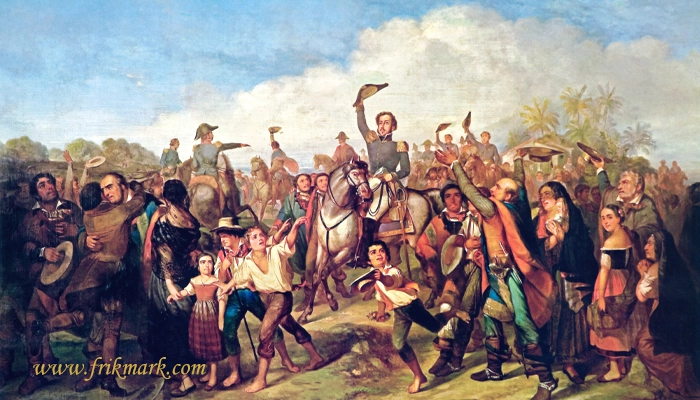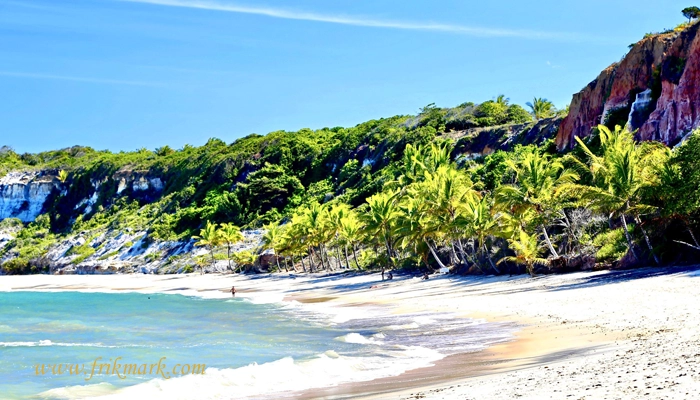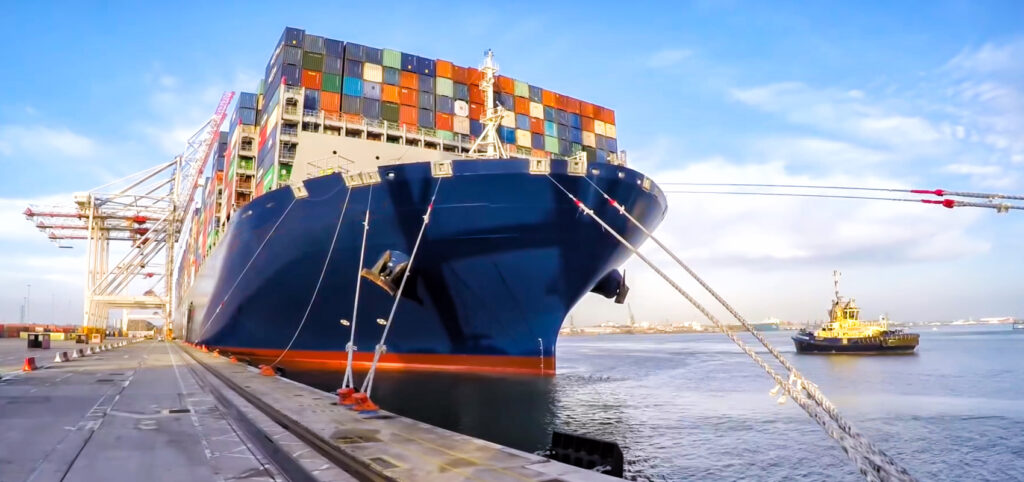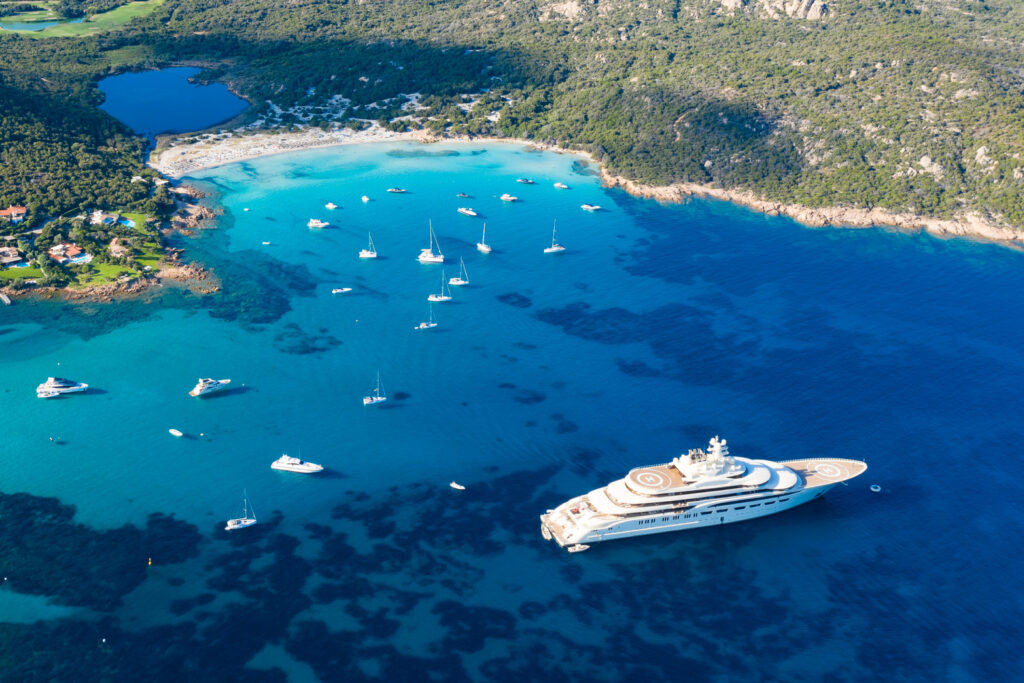Brazil’s history is full of profound and complex developments that have transformed the country from a vast and unknown land in South America into one of the region’s greatest economic and cultural powers. With a population of over 210 million and a vast territory, Brazil has a great deal of linguistic, cultural, and geographical diversity, all of which are rooted in its history. From the early days of life in Brazil as indigenous tribes and ancient cultures to the arrival of the Portuguese and the formation of an independent and modern empire, Brazil’s history is a story of the intersection of cultures, the struggle for freedom, and the quest for development.
Understanding Brazil’s history allows us to understand the social, economic, and political developments of the country and how it became a key player on the world stage. In this article, we will examine the historical development of Brazil from pre-colonial times to the present day and show why Brazilian history is so important for a better understanding of the country and the Latin American region.
Pre-colonial era in Brazilian history
The history of Brazil before the arrival of Europeans is the story of the people who inhabited this vast and geographically diverse land for thousands of years. Before the discovery of Brazil by the Portuguese in 1500, the land was home to hundreds of indigenous tribes with different cultures, languages, and traditions. These indigenous communities, often nomadic or semi-sedentary, relied on the natural resources of the forests, rivers, and pastures for food, clothing, and tools.
Historical studies show that these tribes had considerable skills in agriculture, hunting and fishing, and formed complex societies with their own social structures. They have left behind traces of art, language and simple technologies that form an important part of Brazilian history . This period of Brazilian history, before the arrival of European colonizers, reflects the cultural diversity and high human capacity of the land, which later took on new forms under the influence of immigration and colonization.
This phase of Brazilian history is important because it shaped the early foundations of Brazilian culture and society and set the stage for the complex interactions that followed the arrival of the Portuguese. Understanding this part of Brazilian history helps us better understand how different cultures have blended together over the centuries to form modern Brazilian society.
Also read: Where is the capital of Brazil?
Portuguese discovery and colonization in Brazilian history

One of the most important and influential parts of Brazilian history is the period of discovery and colonization by the Portuguese. In 1500, Portuguese captain Pedro Álvarez Cabral officially reached the coast of Brazil and declared this vast land the Kingdom of Portugal. This event marked the beginning of the arrival of Europeans in South America and the beginning of the colonization process of the region, which had a profound impact on the social, economic and cultural structure of Brazil.
The Portuguese quickly began to colonize and exploit Brazil’s natural resources. This period in Brazilian history is marked by the expansion of agriculture, especially sugar and later coffee. To this end, the Portuguese relied on the labor of African slaves, millions of whom were forcibly brought to Brazil. This is one of the darkest and most significant aspects of Brazilian history, with profound social and racial effects that continue to this day.
Also during this period, indigenous culture was heavily influenced by colonization, with many indigenous tribes being exterminated or marginalized, and the Portuguese language and culture being replaced. (See also: Languages of the Brazilians ) The history of Brazil at this stage shows how the colonization process was not only a political change, but also a vast cultural and economic transformation that shaped the foundations of modern Brazilian society.
Colonial period and economic development in Brazilian history
One of the most important chapters in the history of Brazil is the period of colonialism and its economic development, during which the foundations of the modern Brazilian economy were formed. After the discovery of Brazil by the Portuguese and the beginning of colonization, the main focus was on agriculture; especially the cultivation of strategic crops such as sugar, which at that time had a booming global market. Large sugar plantations, especially in the northeast of Brazil, developed rapidly and became one of the pillars of the colonial economy.
Brazilian history shows that the Portuguese initially employed natives to provide the labor needed for these plantations, but due to resistance and the decline of the native population, the African slavery system quickly expanded. Millions of African slaves were brought to Brazil to work in sugar plantations, mines, and other industries. This not only shaped the economic structure, but also brought about profound changes in the social and demographic structure of Brazil, the effects of which are still evident today.
As time went on and the demand for coffee increased in the world market, coffee cultivation became an important part of the Brazilian economy, and the crop became the country’s most important export. The São Paulo region became the center of coffee cultivation, causing significant economic growth and widespread internal and external migration. The development of infrastructure such as railways also helped facilitate trade and the transportation of agricultural products.
Therefore, the period of colonization and economic development is one of the most key stages in Brazilian history , in which Brazil’s economic, social, and cultural structures were formed and the foundations of today’s modern country were laid.
The path to Brazilian independence
One of the most important and decisive parts of Brazilian history is the country’s path to independence from Portugal. During the 18th and early 19th centuries, social and economic discontent in Brazil increased, and demands for freedom and autonomy among the Brazilian people and elites grew stronger. Political pressures in Portugal and widespread developments in Europe, including the French Revolution and the Napoleonic Wars, created a favorable environment for political developments in the Portuguese colonies.
In 1808, following Napoleon’s invasion of Portugal, the Portuguese court moved to Brazil, making Brazil the center of the Portuguese Empire. This important change paved the way for Brazil’s relative independence. After the court returned to Portugal, a wave of protests and demands for independence emerged in Brazil.
Finally, on September 7, 1822, the second King of Portugal and Prince of Brazil, Pedro I, proclaimed the Declaration of Independence of Brazil, and Brazil became an independent empire. This event is one of the turning points in Brazilian history, transforming the country from a colony to an independent and self-governing state. Unlike many Latin American countries, Brazil achieved its independence without long and bloody wars, which had important implications for its future political and social trajectory.
After independence, Brazil’s history entered a new phase, marked by the creation of an empire, the development of new laws and government institutions, and efforts to maintain national unity. However, social issues such as slavery and economic disparities remained major challenges for the country.
Brazil in the 20th century
The 20th century was a significant and transformative period in Brazilian history, leading the country towards industrialization, modernization, and widespread social change. After the end of the empire in 1889 and the transformation of Brazil into a republic, the country entered a phase of political and economic transformation, the effects of which continue to this day.
In Brazilian history, this period was marked by the development of industrial infrastructure and increased urbanization. Manufacturing, mining, and mechanized agriculture formed the foundations of the new Brazilian economy, and a wave of internal and external migration increased the population of the cities. As the country’s industrial center, São Paulo experienced significant growth and played an important role in the national economy.
In addition to economic aspects, Brazil’s history in the 20th century was also marked by social upheavals. Labor movements, cultural changes, and the attempt to abolish slavery, which had officially ended in 1888, brought about important changes in the social structure. Brazil also witnessed several political upheavals during this century, including a period of military dictatorship (1964–1985), which affected the political climate and human rights.
Ultimately, Brazil’s history in the 20th century is known as a period of challenges and opportunities that transformed Brazil into one of the most important countries in Latin America and paved the way for economic and social growth and development in the 21st century.
Contemporary Brazil
The history of contemporary Brazil represents a dynamic and multifaceted country that faces numerous challenges and opportunities in the political, economic and cultural spheres. In the 21st century, Brazil, as the largest country in Latin America, plays a key role in the region and the world, and is actively involved in international organizations and treaties. This period of Brazilian history has been accompanied by significant economic growth, increasing global influence, as well as political and social crises.
Economically, Brazil has been trying to establish itself in the global market in recent decades by developing various sectors such as advanced agriculture, oil and gas industries, information technology and services. Brazil’s history shows that despite periodic recessions and economic fluctuations, the country has been able to exploit its rich natural resources and young workforce. Brazil has also hosted major global events such as the 2014 FIFA World Cup and the 2016 Rio Olympics, which have enhanced its international standing.
But Brazil’s contemporary history is also marked by challenges such as social inequality, political corruption, environmental problems, and human rights issues. Popular movements and political changes in recent years reflect the people’s efforts to create sustainable democracy and social justice. Brazil’s diverse culture, a blend of indigenous, European, African, and other immigrant heritage, remains one of the country’s strengths and historical identity.
Overall, the history of contemporary Brazil represents a country that is moving forward and developing, but still grappling with complex challenges that will shape the country’s future.
Frequently Asked Questions about Brazilian History
1. Why was Brazil colonized by Portugal?
Brazil was colonized by Portugal due to its geographical location on the eastern coast of South America and its discovery by the Portuguese in 1500. The country was of great importance to Portugal as a rich source of natural resources and a strategic location.
2. What role did slavery play in Brazilian history?
Slavery, especially the importation of African slaves, was one of the most influential factors in shaping Brazil’s economic and social structure. Millions of slaves were brought to Brazil, and their labor formed the basis of the agricultural economy, especially the cultivation of sugar and coffee.
3. How was Brazil able to declare its independence without war?
Unlike many Latin American countries that gained their independence through bloody wars, Brazil gained its independence in 1822 with an official declaration by Pedro I. The process was relatively peaceful.
4. What factors drove Brazil’s economic growth in the 20th century?
Industrial development, increased infrastructure, mass migration to cities, and the expansion of coffee cultivation and other export crops were the main factors driving Brazil’s economic growth in the 20th century.
5. What are the most important challenges for Brazil in the 21st century?
Social inequality, political corruption, environmental problems, and the struggle to maintain sustainable democracy are among the most important challenges facing contemporary Brazil.
Also read: Customs clearance in Brazil
Conclusion
The history of Brazil represents a long and winding path that has continued from early indigenous civilizations to the powerful and diverse country it is today. The study of Brazilian history shows how this vast land has been shaped by a mixture of cultures and the various influences of colonization, slavery, independence, and economic development. Each stage of Brazilian history, from pre-colonial times to contemporary Brazil, has played an important role in shaping the country’s national, economic, and social identity.
Brazil, with all its challenges and problems, is today recognized as one of the important players in the Latin American region and on the world stage. A detailed and complete knowledge of Brazil’s history allows us to better understand how the country has been able to deal with numerous problems and opportunities and move towards sustainable development. Therefore, Brazil’s history not only reflects the country’s past but is also the key to better understanding its future.






